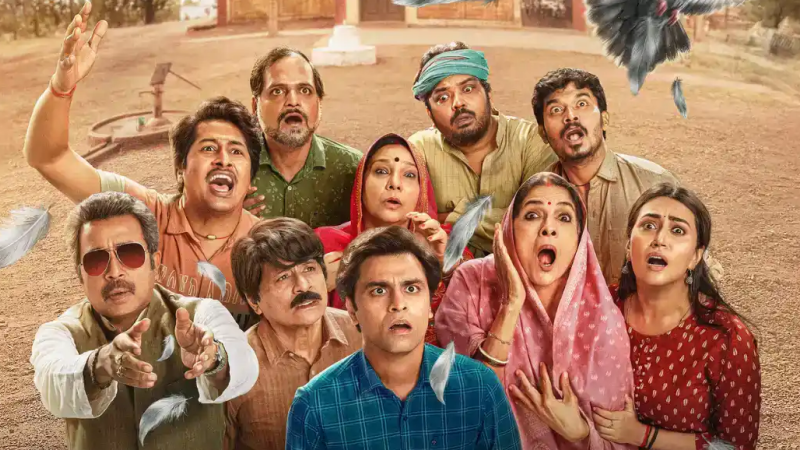
This year’s Hajj will be not the first time the pilgrimage has been restricted, as previous disease outbreaks and political tensions also led to curbs on the ritual.
Here are a few examples of times when the Hajj was partially or fully halted:
- Hajj was cancelled after the leader of the Qarmatian tribe, based in present-day Bahrain, attacked Mecca. As many as 30,000 people, according to some accounts, were killed. The Black Stone, a rock believed by Muslims to date back to the time of Adam and Eve and set into a corner of the Kaaba by the Prophet Muhammad, was looted and pieces of it stolen. The group also desecrated the holy Well of Zamzam, which is close to the Kaaba, throwing in the bodies of murdered pilgrims. After the attack, the Hajj was suspended until the Black Stone was finally returned to Mecca some 20 years later.
- Devastating cholera outbreaks that struck several times throughout the 19th century resulted in the suspension of pilgrimages, including Hajj in 1837 and 1846. After the disease returned in 1865 in Hejaz, a region of Saudi Arabia that includes Mecca, an international conference was called in Constantinople, modern-day Istanbul. It was decided that quarantine ports would be set up in places such as Sinai and Hejaz to help limit the spread of the disease, as pilgrims set on their journey to perform Hajj. Between 1830 and 1930, there were at least 27 cholera outbreaks among pilgrims in Mecca.
-
A Saudi armed group of 400 to 500 men seized the Grand Mosque between November and December 1979, forcing the mosque’s closure for at least two weeks. The takeover was led by a former Saudi soldier, Juhayman ibn Muhammad ibn Sayf al-Otaybi, who was critical of the kingdom’s ruling family, and called for a return to what he deemed the original Islam. The siege finally ended after Saudi forces retook the mosque, helped by a French tactical police unit.
- Iran boycotted the Hajj for three years between 1988 and 1990 after clashes between Iranian pilgrims and Saudi police during the annual ritual in 1987 left some 400 people dead. On July 31, 1987, Iranian worshippers held large political demonstrations denouncing the policies of the United States and other nations. Saudi security forces responded by cracking down on the protesters, resulting in massive casualties. Iran termed the episode a massacre. An estimated 275 Iranian pilgrims were killed during the incident.
-
In 2014, Saudi Arabia temporarily stopped issuing Umrah and Hajj visas for the citizens of Guinea, Liberia and Sierra Leone. The three West African countries were hit the hardest by a major outbreak of Ebola in West Africa that killed more than 11,000 people before it was declared over in 2016.
(Source: Al Jazeera)






















